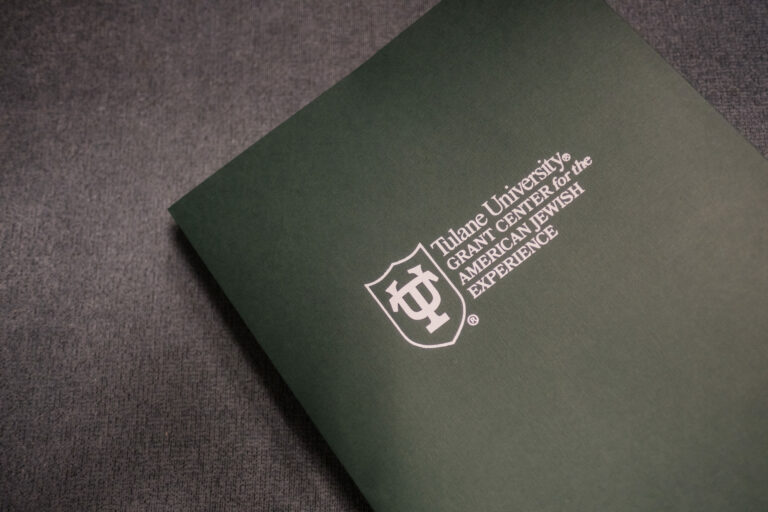Code of Conduct
JAHLit’s annual symposia are organized for the purposes of sharing research and ideas, developing knowledge, and engaging in meaningful dialogue as part of a community that values the differences of each member. As an academic community that values critical thought, we welcome lively and spirited debate. However, we expect that disagreements remain civil and respectful, and that attendees refrain from personal attacks. We also expect that symposium attendees will adhere to expected conference norms and behaviors (outlined below). JAHLit is committed to providing a safe and welcoming symposium environment for all participants, regardless of gender identity, gender expression, race, ethnicity, sexual orientation, ability, political outlook, socioeconomic status, age, or religion. The following policy statement outlines expectations for all those who attend or participate in JAHLit conferences. These are existing norms and standards that reflect our shared goals of mutual respect in knowledge exchange and creation within a diverse community. Presenters and members who do not adhere to these expected norms may be asked to leave and may not be invited back to future conferences.
Expected Behavior
All participants are expected to present the paper that was accepted for presentation. If it is necessary to make a change, this must be cleared with the conference director.
Presentations and sessions must not be used as an opportunity to attack the religious, political, ideological, or cultural beliefs of others.
If a participant witnesses potential harm (physical, verbal, or virtual) to a conference participant, the participant is expected to be proactive in helping to mitigate or avoid that harm.
Participants are expected to alert conference or security personnel if they see a situation in which someone might be in imminent physical danger.
Unacceptable Behavior
Persistent and unwelcome solicitation of emotional or physical intimacy
Intimidating, harassing, abusive, derogatory or demeaning speech or actions by any participant in a JAHLit meeting or event
- Harassment includes: unwanted sexual solicitation, conduct, or advance (physical, verbal, or otherwise); threatening, intimidating, denigrating, hostile, or violent acts or communications; epithets, slurs, or negative stereotyping based on group identity
Discriminatory actions or comments related to gender identity, gender expression, race, ethnicity, sexual orientation, ability, political orientation, socioeconomic status, age, or religion that coerce others, foment hostility, or otherwise undermine professional equity or the principles of free academic exchange.
Sustained disruption of talks or other events; subsequent failing to adhere to the request of organizers
Physical assault (including unwelcome touch)
Real or implied threat of physical harm








